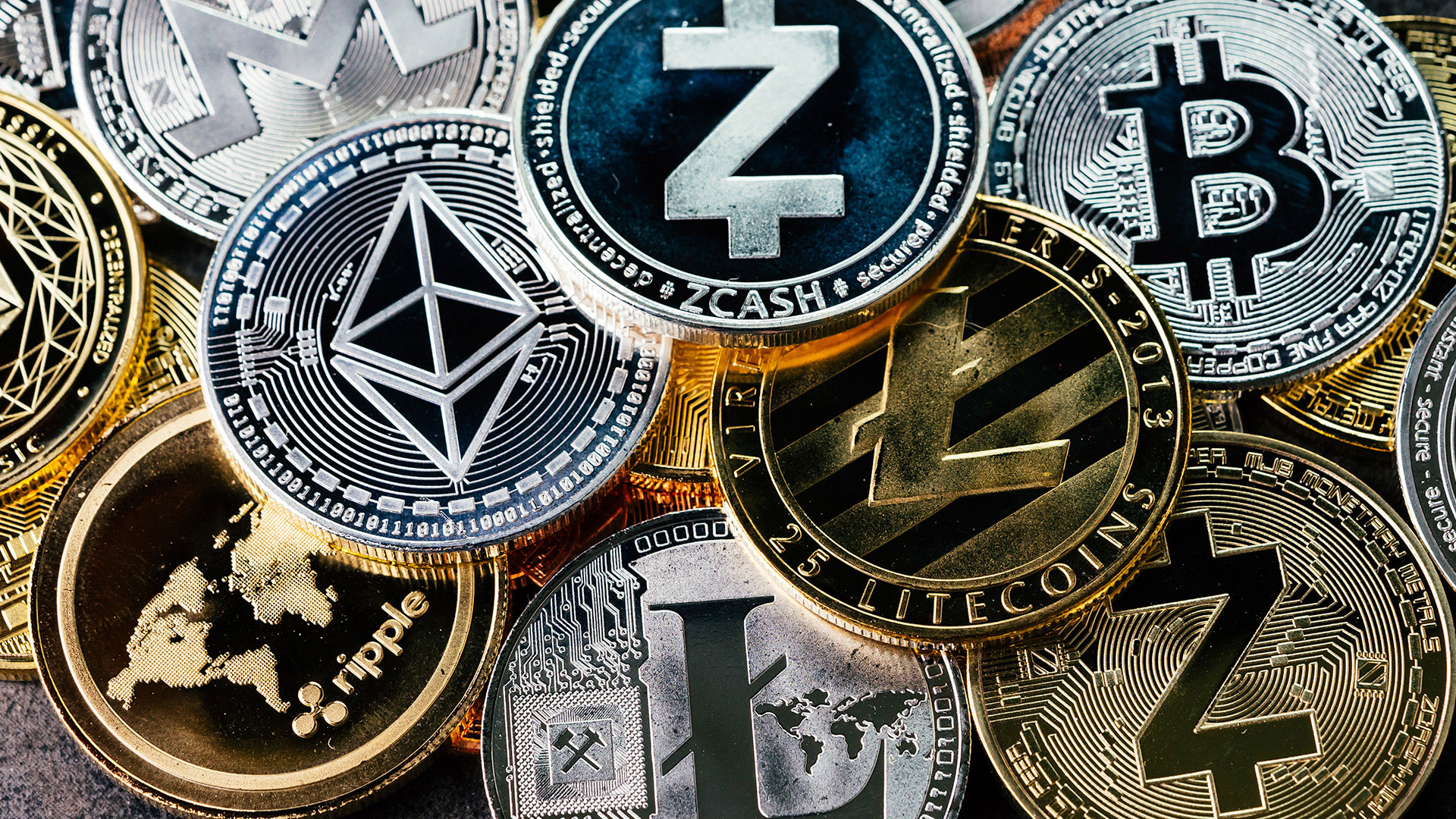Publication

2024 FinTech outlook | Crypto litigation
Global | Publication | January 2024
Recovery of fraudulently obtained cryptoassets has been a key driver of crypto litigation in the English courts, and this is set to continue in 2024. English Courts have been ready to deploy remedies such as freezing orders and interim proprietary injunctions and the recent detailed analysis by HHJ Pelling, writing extra-judicially, illustrates that English courts recognise the importance – and the complexities – of this litigation. However, exactly how these remedies should be deployed against exchanges is still a developing area, as shown by the recent decision in Piroozzadeh v Persons Unknown [2023] EWHC 1024. Binance successfully argued that an injunction against it should be discharged and the judgment threw doubt on the basis for any proprietary or restitutionary liability against exchanges. The scope of remedies available to victims of cryptoasset fraud may become clearer if any statutory action is taken following the Law Commission’s final Report on Digital Assets (published on 28 June 2023). The Law Commission proposes explicit statutory recognition of digital assets as a ‘third form’ of property and the creation of an advisory technical group, which will facilitate the creation of a principled set of remedies involving digital assets.
Scope of liability against sponsors and developers of FinTech solutions, especially in DeFi, is sure to be in the spotlight in 2024 due to the ongoing Tulip Trading litigation. In this case, which has already been to the Court of Appeal to determine jurisdiction (Tulip Trading v van der Laan [2023] EWCA Civ 83), the claimant alleges that the decentralised governance of Bitcoin is “a myth” and seeks to impose liability on Bitcoin developers for, among other things, reversing fraudulent Bitcoin transactions. This argument, if it succeeds, could easily be extended to impose non-contractual liability on DeFi pool managers, software developers, sponsors and issuers. Those involved in the FinTech ecosystem are increasingly aware of the risk their online statements might be used against them in non-contractual claims.
In the US courts, the long-running battles over whether crypto tokens qualify as “securities” subject to the various restrictions of the US securities laws continue apace. At stake are issues such as whether token sellers have engaged in the sales of unregistered securities, whether DeFi platforms amount to unregistered securities exchanges or broker-dealers, and whether fraud claims against token sellers and promoters can be brought under the federal securities laws and prosecuted by the SEC. High profile SEC litigations involving major industry names such as Ripple, Terraform, Coinbase, Binance and others continue to move forward, after the SEC in 2023 obtained a mixed ruling in SEC v. Ripple Labs, Inc., 2023 WL 4507900 (S.D.N.Y. July 13, 2023), that was followed by more definitive victories in SEC v. Terraform Labs Pte. Ltd., 2023 WL 4858299 (S.D.N.Y. July 31, 2023), and 2023 WL 8944860 (S.D.N.Y. Dec. 28, 2023), that conflict in part with the narrower Ripple ruling.
The FinTech space also continues to face increased scrutiny under various statutory frameworks for fighting corruption and money laundering. Appellate review is likely in two cases that upheld the imposition of US economic sanctions against the “Tornado Cash” mixing service, van Loon v. Department of Treasury, 2023 WL 5313091 (W.D. Tex. Aug. 17, 2023), and Coin Center v. Yellen, 2023 WL 7121095 (N.D. Fla. Oct. 30, 2023), against challenges which argued that doing so was an improper attempt to sanction software code rather than persons or property. Binance was indicted in the US in November 2023 for allegedly operating an unlicensed money transmitting business, after having agreed to a $4.3 billion settlement with FinCen and the Office of Foreign Assets Control for violations of the U.S. anti-money laundering and sanctions laws, the largest penalty in U.S. Treasury and FinCEN history.
Overall, banks and other entities should be alert for further widening of the perimeter of liability for FinTech activities.
Recent publications
Subscribe and stay up to date with the latest legal news, information and events . . .



